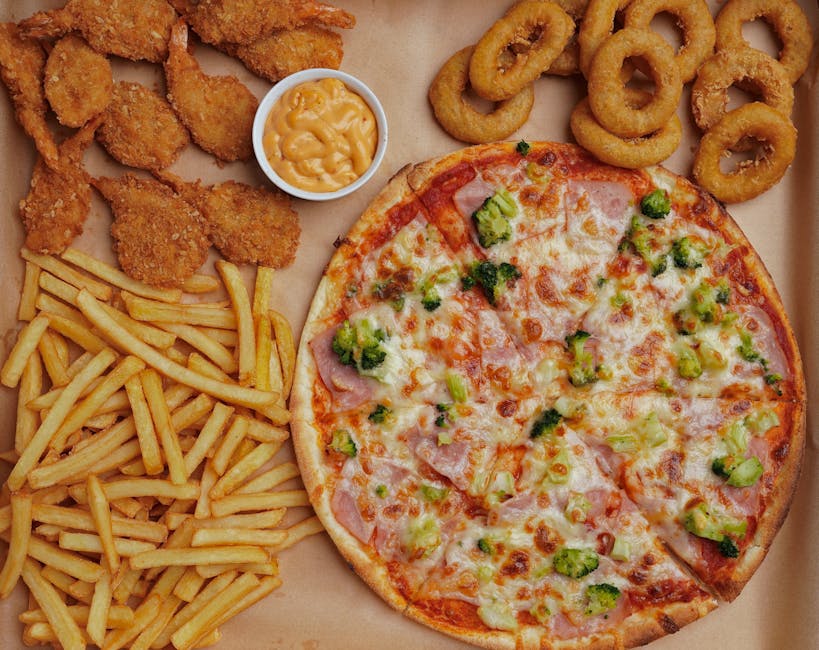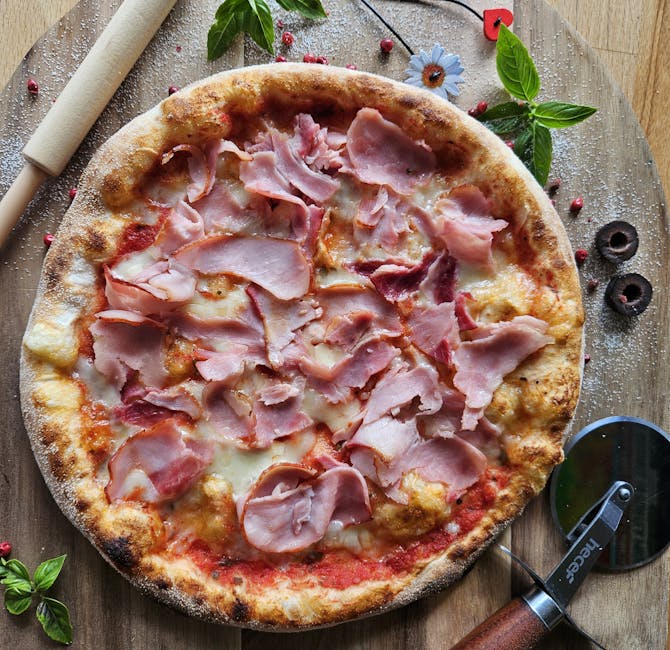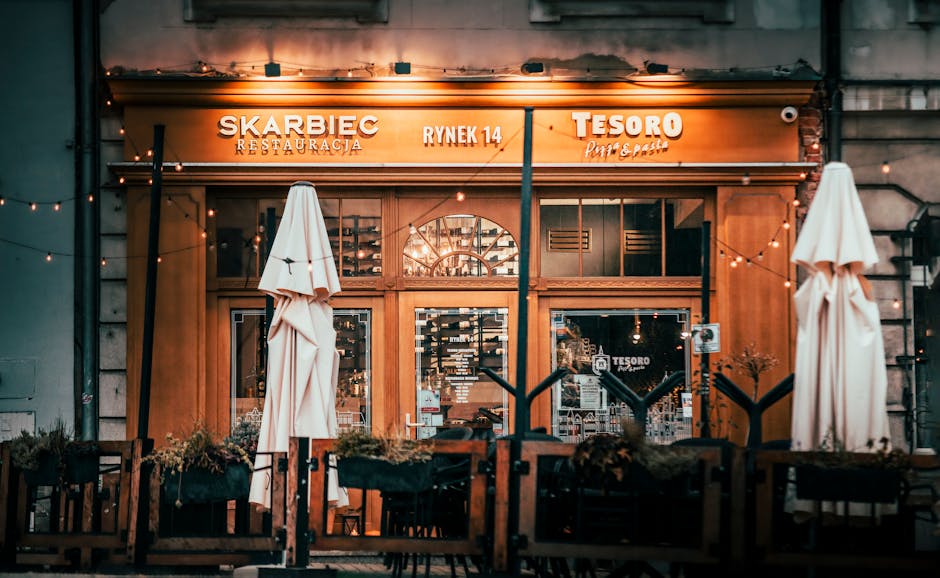
For centuries, maple syrup has been more than just a sweetener—it's been a cultural cornerstone for Indigenous communities across Canada. While modern cuisine often treats maple syrup as merely a pancake topping, its historical significance runs much deeper.
The Original Harvest Methods
Traditional harvesting methods involved careful timing and respect for the natural cycles. Indigenous communities developed sophisticated techniques for tapping maple trees that minimized harm and maximized sustainability.

Beyond Sweetness: Medicinal and Cultural Uses
Maple syrup served multiple purposes beyond culinary applications. It was used in traditional medicine, ceremonial practices, and as a preserving agent for various foods throughout harsh winters.
"The relationship between Indigenous peoples and maple trees represents one of the earliest examples of sustainable food harvesting in North America."
Modern Rediscovery and Cultural Appreciation
Contemporary chefs and food enthusiasts are increasingly recognizing the depth of Indigenous culinary traditions. This renewed interest represents an important step toward cultural preservation and acknowledgment.

As we continue to explore Canadian culinary heritage, it's crucial to acknowledge the original stewards of this knowledge and ensure their contributions are properly recognized and respected.